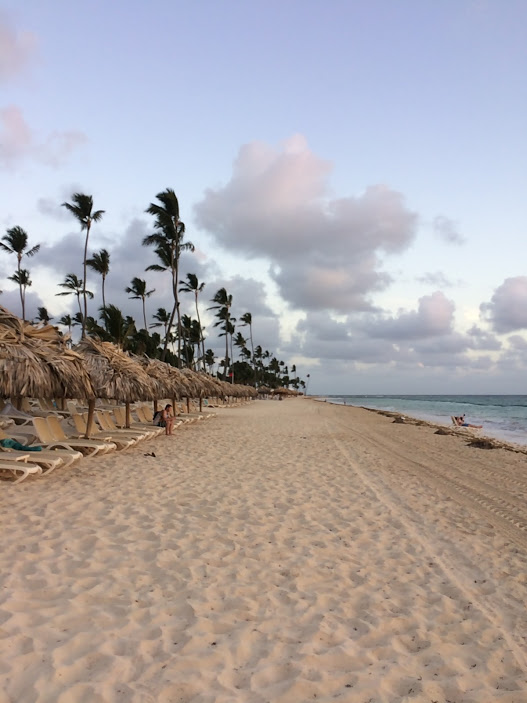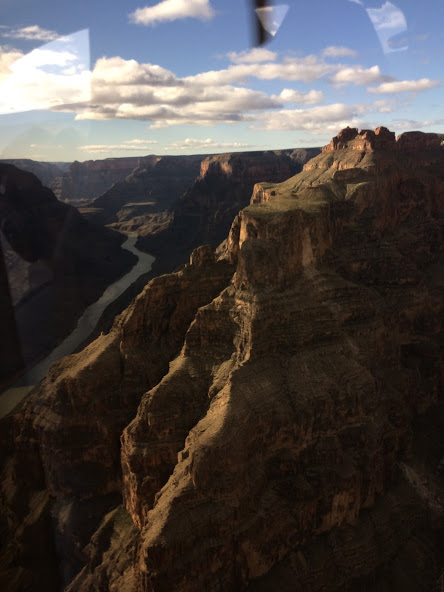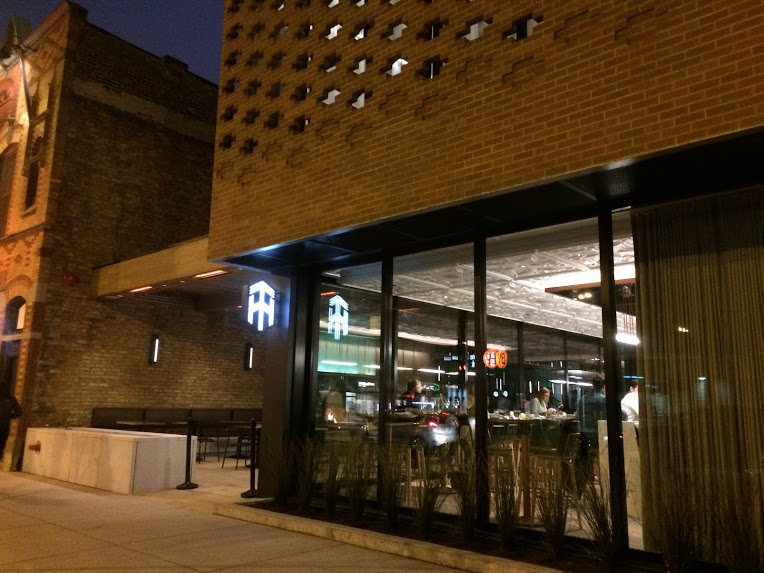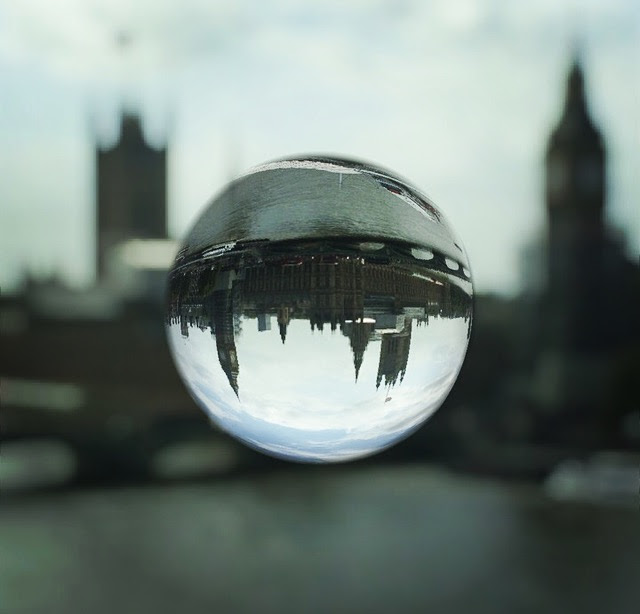If you’ve been following me, you know exactly what This Summer’s Promise means. For those who are new: at the beginning of every summer, I collect to-be-read novels into a pile throughout the school year to read before the end of the summer. It’s both a promise and a gift to myself. What better summer than this to have a host of literary worlds in which to escape after this very tumultuous year?
This is where I explain why I chose each book in hopes of enticing you to read them. If you do, I’d love to discuss one or several: I’m all about the book talk (of course, I am, I’m a teacher). Feel free to drop me a note in the comments at the bottom of the page.
In no particular order.
The Next Person You Meet in Heaven, Mitch Albom– I’ve read most of Mitch Albom’s work. He’s among my favorite authors for his ability to capture humanity and spirituality.. And the prequel to this book, The Five People You Meet in Heaven, is on my top ten list.
When Women Were Birds, Terry Tempest William– As a writer of women’s fiction, I read work written by women often. This happens to be non-fiction. It’s a beautifully written story about a woman finding her voice after her mother has bequeathed her a blank journal.
Wired for Story, Lisa Cron– I was referred to Cron’s second book, Story Genius: How to Use Brain Science to go Beyond Outlining, by a fellow writer. In it, she made me re-see how to plan a novel, so I decided to work backwards to read her first book on craft.
1984, George Orwell (this one is a re-read)
Brave New World, Aldous Huxley
I’ve assigned both of these novels to my seniors for summer reading. While I’ve read excerpts of Huxley’s book before and paired them w/ teaching Orwell’s, I thought it would be a neat experiment to have ½ of the class read Huxley and the other ½ of the class read Orwell, so they could teach the texts to each other in order to debate their relevance to contemporary society. I have to be a well-prepared teacher, so I’ll be reading them at a teacher’s pace this summer (which translates as slow reading/copious note-taking).
The Rules of Magic, Alice Hoffman
The World That We Knew, Alice Hoffman
A dear friend, who has since passed, recommended Blackbird House, an earlier work of Hoffman’s to me years ago. She said, “You’ll love it!” And I did. I’ve gone on to read several of Hoffman’s works in which she writes so fluidly and with such complexity. After a long hiatus from reading her work, a new friend, from a completely different circle, recommended The Rules of Magic, which, when researching, also led to her more current book. I couldn’t decide which I wanted to read more, so I bought both. I can’t wait to dive into them.
The Great Alone, Kristin Hannah– I’m a relatively new Kristin Hannah fan. I love a good book that can transport me to a different time and place. I’ve read The Nightingale and Winter’s Garden. I’m amazed by the way she writes about completely different time periods with such precision. I’ve only written one historical fiction novel, myself, and this genre requires much research and record keeping. I also admire how her characters’ lives (and often secrets) are embroiled into their settings (often like characters, themselves).
What’s Left Untold, Sherri Leimkuhler– Sherri and I just met through a WFWA writers group we formed with two other writers. So, this novel will be a complete surprise to me because it’s her debut novel! Of course, I’m going to support my fellow writers. Speaking of which, I’m going to give a plug to another writer in the group, Diane Barnes who most recently published More Than, a book I already read and thoroughly not only enjoyed but identified with. Writers elevate writers: that’s what we do.
Still Me, JoJo Moyes– Over a year ago, I attended a JoJo Moyes book talk after reading Me Before You, and After You. This novel completes the series (so far), and she autographed it! Yes, I get starry eyed when my favorite authors sign my books; I know how much blood, sweat and tears goes into the writing of them. Her book talk was delightful; she shared her process and the advent of Louisa Clark who is an amazingly strong and witty character. I’m anxious to see how Louisa’s story (possibly) ends.
The Testaments, Margaret Atwood– In grad school, I read The Handmaid’s Tale in a feminist literature class I took. Immediately captivated by the story, Offred’s character and voice, and the way Atwood weaves aspects of oppressive history and biblical allusions into her novel, I knew this was one I wanted to teach oneday. Having just finished teaching it for the second year to my AP Language and Composition class, I find new aspects about the novel each time. I love the stream-of-consciousness voice that speaks to the fluidity of the female experience. I love how it’s more relevant now than when I first read it in the 1990s. My students have the most in-depth discussions about this book. So, when The Testaments came out, I knew it was destined for my list. My first read of the summer, this book did not disappoint and it put some closure to not only Offred’s story but allowed us to get to know Aunt Lydia’s motivations in addition to the outcome of Gilead. Highly recommended.
I realize I have no books written by authors of color on my list this year. I do read and support authors of color: in fact, often, books by authors of color are on my reading lists. This group of novels, accumulated throughout the year (and prior to February 2020), came to me as recommendations, or some I chose based on past reads or an affinity to particular authors.
I wrote the above post as I normally would each summer. But, this year, this year I paused before posting my pre-blog photo on Instagram and Facebook when I realized there weren’t books by authors of color. It’s not something I have considered in the past. I don’t purposefully buy or read books based on the color of the author’s skin. Normally, the subject matter draws me in or the book jacket description or a review I’ve read or heard about the book. So, I made a conscious decision to post the photo, something my audience has said they look forward to, although I recognized authors of color (specifically black authors) were not represented this year.
Almost immediately, I heard from my son who called me out. A discussion ensued about the importance of reading books written by black writers, now more than ever. As part of the exchange, he pointed out my responsibility as a role model and mentor and teacher to set the example.
At first, my initial reaction was “I refuse to alter what I do (in this case, read) to be politically correct.” I am and have been a vocal supporter of the Black Lives Movement. I consider myself anti-racist; in fact, I make an effort every year to host discussions about the dangers of racism and the weight of words and deeds. I celebrate diversity. I believe, in my core, that we are (and should be) created equal. Inequality, disrespect, oppression is learned and should not be tolerated. I have been doing my part, I thought. The fact is his comment wasn’t about not being politically correct or incorrect. It was about seizing this moment in time–when we are on the cusp of change.
My son called me out. I listened to him (26 years younger). “You have a responsibility…now, is the time to listen, to educate ourselves.” And he’s right. We have to call each other out. We have to hold ourselves accountable. We have to demand more. Now. In that vein, I’m amending my summer’s promise to include Michele Obama’s book, Becoming–and a fitting title it is for this moment. Her book has been on my list for a while because I admire her as a woman, a role model, a First Lady and a mom. I will make a point to buy it and read it, now. Not only do I have a responsibility, I have a heightened awareness of the need to read more books written by authors of color in support of them: to listen, to educate myself further, to understand. I’m always looking for suggestions, so please if you have any, leave them in the comments below.
As an educator, I have a platform to talk to my students about time sensitive and essential topics like these. To that end, I would like to share what I have been doing and how I will continue educating not only my students but myself this coming fall semester.
For the past 10 years, I’ve taught a Words Matter unit that I begin each fall with my juniors/American literature students. They read The Adventures of Huckleberry Finn by Mark Twain over the summer. When they return to school, we read and discuss various sources (pro and con) with the central question in mind: Should the “N” word be censored from literature? I’ve written about this unit in another blog post entitled “Words Matter: A Lesson from Mark Twain.” This subject isn’t new to me or my teaching. In fact, when I first began teaching the unit, I did so somewhat on the downlow because I thought it might be controversial. Now, even more than before, I realize just how essential it’s been.
Most recently, since the Ahmaud Arbery, George Floyd and Breonna Taylor murders and the resurgence of the Black Lives Matter movement, I’ve been culling sources: articles, videos, photographs. I’m planning to change the slant of the unit to focus more on racism in America and what we can do as individuals and as a collective people to rightfully and finally put an end to racism and inequality.
I’m including a recommended reading list based on my own reading experiences. I’ve personally read all of the following, some several times. Some, I teach or have taught. I strongly recommend all of these powerful, view-altering works. We need to continue to read, listen, and educate in order to evoke change. It begins with one step and then another. It begins when we each take responsibility to make a change. We can and need to do better.
Recommended Reading:
Fiction & Nonfiction:
We Should All Be Feminists, Chimamanda Ngozi Adichie
I Know Why the Caged Bird Sings, Maya Angelou
The Color Purple, Alice Walker
Beloved, Toni Morrison
The Bluest Eye, Toni Morrison
Song of Solomon, Toni Morrison
The Narrative Life of Frederick Douglass, Frederick Douglass
Black Feminist Thought: Knowledge, Consciousness and the Politics of Empowerment, Patricia Hill Collins
The Sun is also a Star, Nicola Yoon
Roots: The Saga of an American Family, Alex Haley
Poetry by:
Lucille Clifton
Maya Angelou
Gwendolyn Brooks
Langston Hughes
Paul Lawrence Dunbar
Essays, Speeches, Poems & Excerpts:
“Envy,” Bebe Moore Campbell
“Aunt Ida Pieces a Quilt,” Melvin Dixon
“Learning to Read,” Malcolm X
“Girl,” Jamaica Kincaid
“I Have a Dream,” Martin Luther King, Jr.
“A Note on the Word ‘Nigger,’” Randall Kennedy
“The Meanings of a Word,” Gloria Naylor
















Say Something! I read everything & promise to reply: